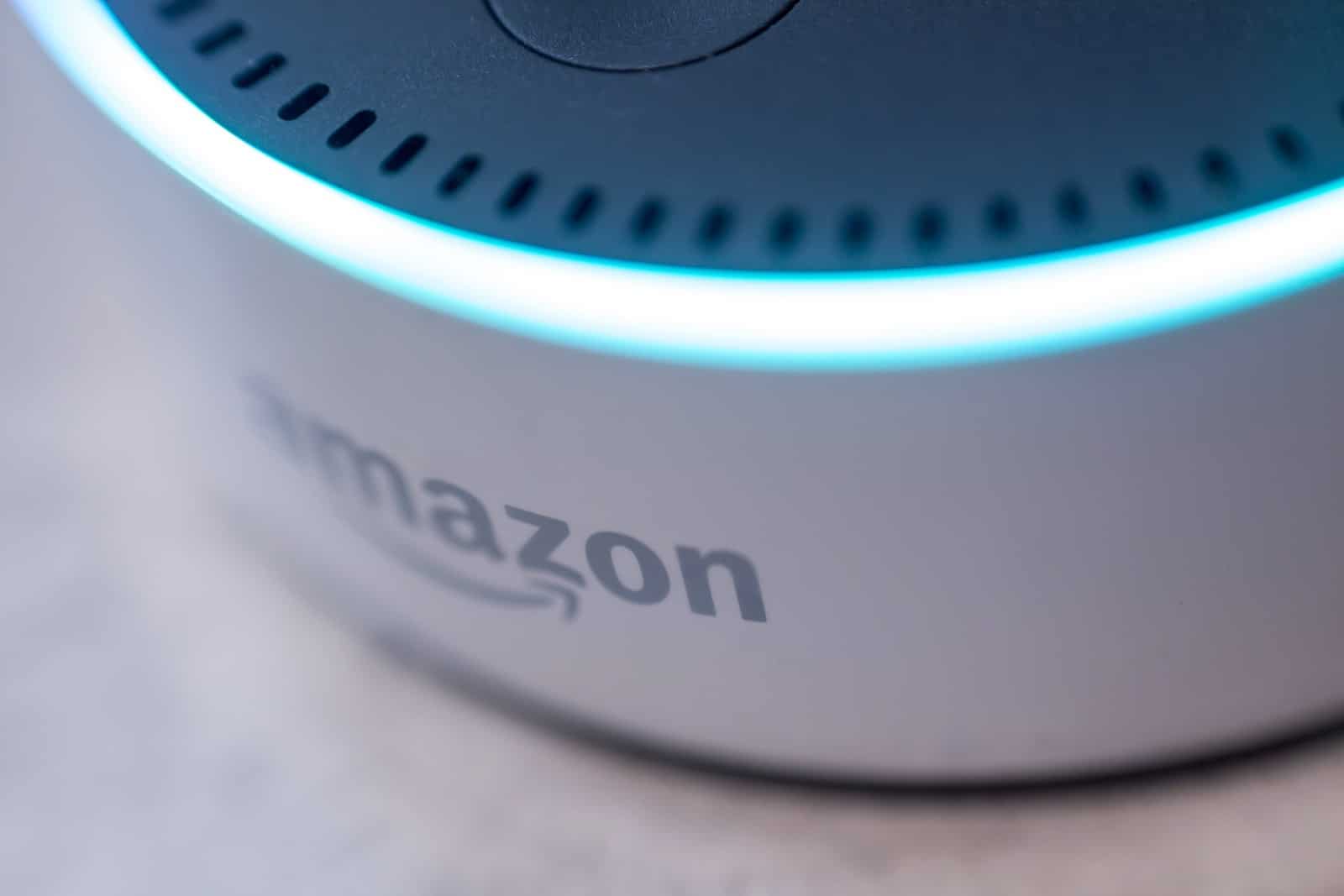Virtual assistants like Amazon’s Alexa, Microsoft’s Cortana, Apple’s Siri or Google Home, have become an increasingly common sight in homes across the world through smart speakers. Like cyber personal assistants they are connecting with residential systems, such as lighting and thermostats, to automate and simplify the way we run our homes.
These assistants have also climbed into our cars, providing their advanced voice interface to people on the move. This year BMW and Ford, for example, announced that Alexa would be integrated into their vehicles. While leading navigation device company Garmin created an in-car speaker that includes integration with the Amazon virtual assistant, turning any car into a smart vehicle. Now it seems that we will be taking our assistants to work.
“Tens of millions of people already count on Alexa at home, in their cars, and on mobile devices to answer questions, provide news and information, and stay connected to friends and family,” said Peter Hill, Director, Productivity Applications, AWS. “Alexa for Business extends the simplicity of voice control to the workplace, while adding powerful tools to help businesses deploy and manage devices, create skills, and deliver voice-first experiences in a scalable way—all backed by the AWS Cloud.”
Alexa for Business aims to help solve many common workplace hassles by allowing people to use their voices to interact with technology throughout their office. As an intelligent assistant at work, Alexa for Business makes starting a conference call as simple as asking Alexa to “start the meeting.” Alexa for Business can help workers manage calendars, keep up with to-do lists, and make phone calls. Around the office, Alexa for Business can handle tasks like notifying IT of an equipment issue, or finding and booking an open conference room - each command is just a few words.
It may even be strange that virtual assistants didn’t start their emergence in the workplace environment, after all – for the majority of people – a human workplace assistant is much more familiar that having one at home. The workplace can be hectic, with too many things to remember and limited time for administrative tasks; human assistants have proved invaluable in this environment. Alexa’s introduction to the office appears to be the first step in replacing human office assistants with AI-powered virtual alternatives.
“Today, people spend too much of their days on tedious tasks at work—dialing into meetings, managing their calendars, or searching for information. And, the office technologies designed to help employees stay productive often just add to the load,” says Amazon in their announcement of Alexa for Business. Similar services are in the process of being released by Microsoft and Google too, moving us a big step closer to an almost Sci-Fi-esque future where our assistants connect all the different elements of our lives - think J.A.R.V.I.S in the Ironman films.

Another important step towards this future may be integration between different assistants. If you had Google at home, Amazon’s Alexa in your car, Siri on your phone and your office chose to adopt Microsoft’s Cortana, then their ability to communicate with one another would be a vital piece of the puzzle. A joint announcement from Amazon and Microsoft earlier this year described the first stage of this probable future. Users of the two company’s assistants will be able to access the other by saying, "Alexa, open Cortana," or vice versa.
Alexa customers will be able to access Cortana's unique features like booking a meeting or accessing work calendars, reminding you to pick up flowers on your way home, or reading your work email – all using just your voice. Similarly, Cortana customers can ask Alexa to control their smart home devices, shop on Amazon.com, interact with many of the more than 20,000 skills built by third-party developers, and much more.
“The world is big and so multifaceted. There are going to be multiple successful intelligent agents, each with access to different sets of data and with different specialized skill areas. Together, their strengths will complement each other and provide customers with a richer and even more helpful experience,” said Jeff Bezos, Founder and CEO, Amazon. “It’s great for Echo owners to get easy access to Cortana.”
If and when Google and Apple will join the party is yet to be seen. Apple were historically closed to this kind of compatibility but have learned to adapt in a world where open platforms dominate. If we are to realize a future of virtual assistants that connect every element of our lives, then collaboration is necessary unless one product can dominate the market. With virtual assistants already at home, in the car, on our phones and now at the office, we may be much closer to that future than we think.
[contact-form-7 id="3204" title="memoori-newsletter"]



